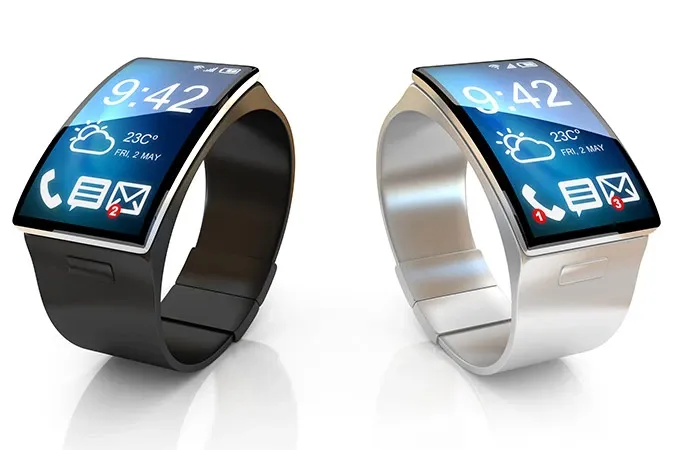Merry Christmas!
Merry Christmas to all ICT Business readers, followers, business partners, advertisers, and friends. Your ICT Business team.

Fitbit is considering developing a wearable device for children as the company struggles to revive demand for its fitness products by pushing into new categories, according to Bloomberg, citing people familiar with the matter.
The product was focused around health, a sector Fitbit has been increasingly focused on, according to one of the people. The line of gadgets for children has been in discussion internally for at least several months, said the people, who asked not to be identified because the matter is private.
The people didn’t elaborate on how the newer devices would differ from existing products. But Fitbit could make them to track location and play games to engage kids, based on the capabilities of existing fitness trackers sold by rivals. The kids wearable could also track sugar level. Fitbit is partnering with Dexcom, a glucose monitoring company, to bring Dexcom’s device data to Fitbit’s latest smartwatch.
For years, CEO James Park has said his goal is to transform Fitbit from the maker of just an iconic step-tracking wristband, and into a digital-health business. It’s been trying to diversify over the past several years, rolling out smart bathroom scales, health apps and a new smartwatch, as Apple began making higher-end wearables, and China’s Xiaomi made cheaper ones.
In the long-run, Park intends to move beyond hardware and into software that can help predict health outcomes for users. Earlier this month Fitbit invested over $6 million in Sano, a startup working on developing a blood-sugar monitoring skin patch.
In recent years the market for devices that help parents track their children’s health has grown enormously. Gartner estimates that 30 percent of total smartwatch shipments in 2021 will be generated by devices targeted at children aged two to 13 years old. The crowded market includes established companies such as Garmin and Xiaomi, which make wearables for kids, and startups like Neebo, whose products track vital signals for babies.